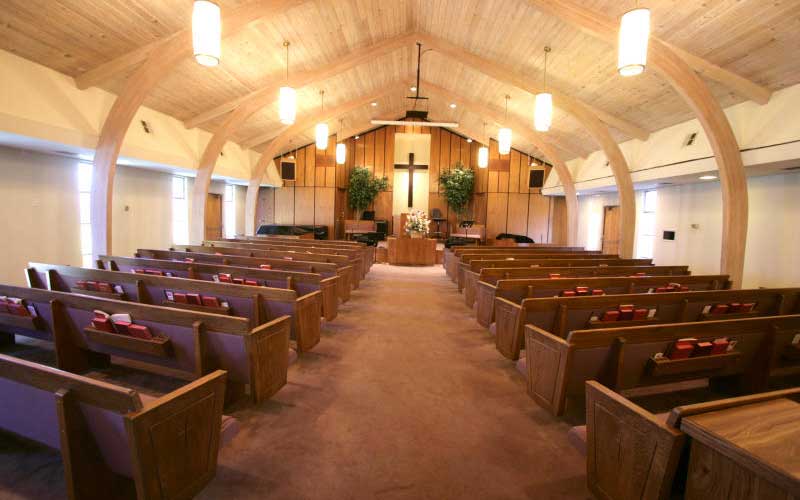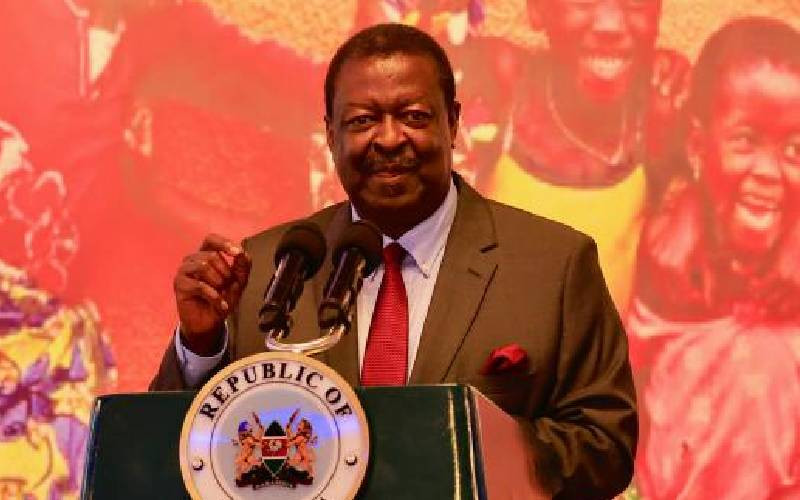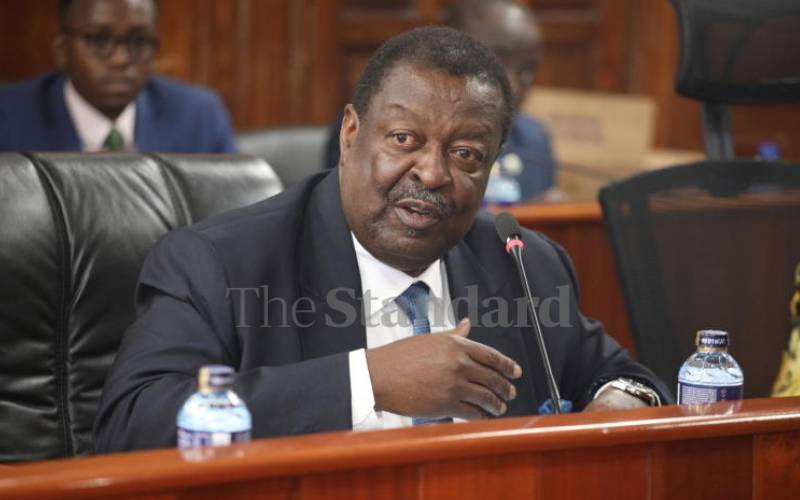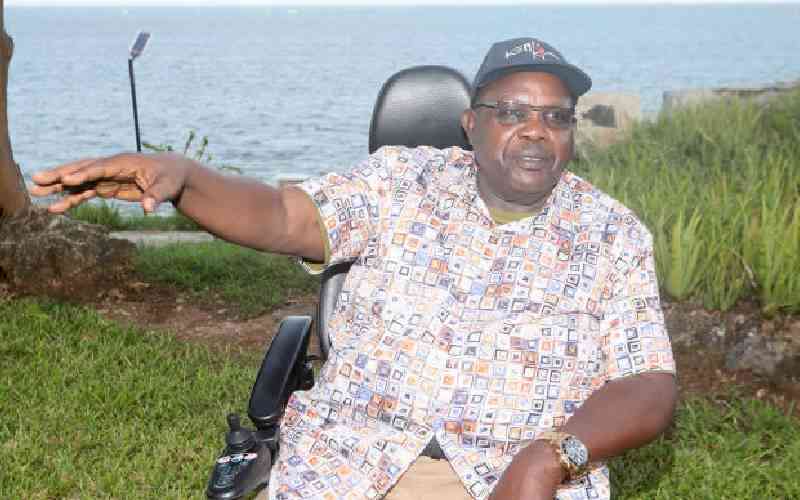
Another Sunday and you may well be reading this after church. Sunday services cause traffic jams in some places as thousands throng to worship and communion; a day for rest, reflection and respite from the toils of life. Everyone needs this sacred time to give perspective to our endeavours and be reminded that we are one, sharing same hopes, dreams and frequently fears and troubles.
But then Monday morning comes along with a bang and we are confronted with the dreadful and overwhelming reality of corruption, ethnicity, appalling services, bad news and aggressive matatu drivers. Makes you wonder does our religious belief ever impact on the morass that is public life or have we all given up on the struggle to bring change and instead joined the prevalent culture of the day, justifying it with the bland, cynical mantra, ‘hii ni Kenya yetu’ (Kenya is our country).
Maybe it is all just too overwhelming so we privatise our commitments to my income, my family, my church and my own personal saviour and God. When it appears that there is no way to liberate or save the country from misrule many withdraw from involvement in the larger project and just concentrate on my salvation, my institution, my rewards and my safe spaces. At times you can hardly blame such people.
However, the Gospel challenges believers to not just go to church and pay their dues but to daringly live like Jesus. Christians can be faithful in their observance and obedience but may never take a risk to bring the change that the prophetic call of Jesus involves and demands. Then again that is perhaps because they have no one to teach them or in the words of the Prophet Hosea 4:6 ‘The people perish for want of knowledge.’ Yet the country is crying out for prophetic leadership that will give hope, courage and direction but there is not a semblance of a Hosea, Jeremiah or Micah on the horizon.
The prophet challenges us to act not on behalf of our own interests but to focus on those at the bottom of the pile eking out an existence in our dumpsites or reduced to prostitution to feed their children. These are the leftovers of a society that allows billions to be stolen from ghost projects but that is unapologetically defended because it is ‘mtu yetu’ (Our people). The prophet asks who is benefiting from the looting and who are the victims? In other words, for every billion stolen from public coffers there are thousands of children dropping out of school and thousands of teenagers giving birth to children because there are no funds left to teach them birth control.
The one who dares to speak about corruption and bad governance must never fail to highlight the plight of victims who are enchained in poverty, sickness and hopelessness and denied services because of the looting. Viewing life from the bottom, from the potholes of misery leads one to shout aloud that charity alone will not solve the nation’s ills. Joan Chittister says charity without prophecy will only make the world safe for exploitation. Put another way, Jesus was a healer but he was also a prophet. He raged against the political, economic and religious institutions and systems of his time.
He continuously reminded his followers that when they throw a banquet they should invite the poor, crippled and the lame. In our society the destitute only arrive after the celebrations to collect the empty water bottles and the leftover food. The rich don’t allow them to attend their funerals never mind their weddings. Yet churches fail in this mission on a weekly basis. They may preach blandly about vices but not lift a finger to lessen the burden of the real victims of a looting culture.
Maybe instead of attending Prayer Breakfasts, or calling for a day of Prayer, we should instead cancel all services nationally for one Sunday. Rather than enjoying melodious choirs and pursuing miracle healing we might go to our places of worship and just reflect quietly and together on what God is calling us to do in this mess that we are in. We are so busy shouting and screaming and being preached at that we don’t leave any space or silence for God to speak to us.
The sadaka (offerings) that day might be used to institute a real movement that would unite the poor and the privileged in bringing a more equal society. Nothing astonishing there! That was what the early Church did.
- [email protected] @GabrielDolan1
 The Standard Group Plc is a
multi-media organization with investments in media platforms spanning newspaper
print operations, television, radio broadcasting, digital and online services. The
Standard Group is recognized as a leading multi-media house in Kenya with a key
influence in matters of national and international interest.
The Standard Group Plc is a
multi-media organization with investments in media platforms spanning newspaper
print operations, television, radio broadcasting, digital and online services. The
Standard Group is recognized as a leading multi-media house in Kenya with a key
influence in matters of national and international interest.
 The Standard Group Plc is a
multi-media organization with investments in media platforms spanning newspaper
print operations, television, radio broadcasting, digital and online services. The
Standard Group is recognized as a leading multi-media house in Kenya with a key
influence in matters of national and international interest.
The Standard Group Plc is a
multi-media organization with investments in media platforms spanning newspaper
print operations, television, radio broadcasting, digital and online services. The
Standard Group is recognized as a leading multi-media house in Kenya with a key
influence in matters of national and international interest.










